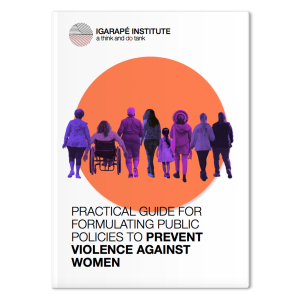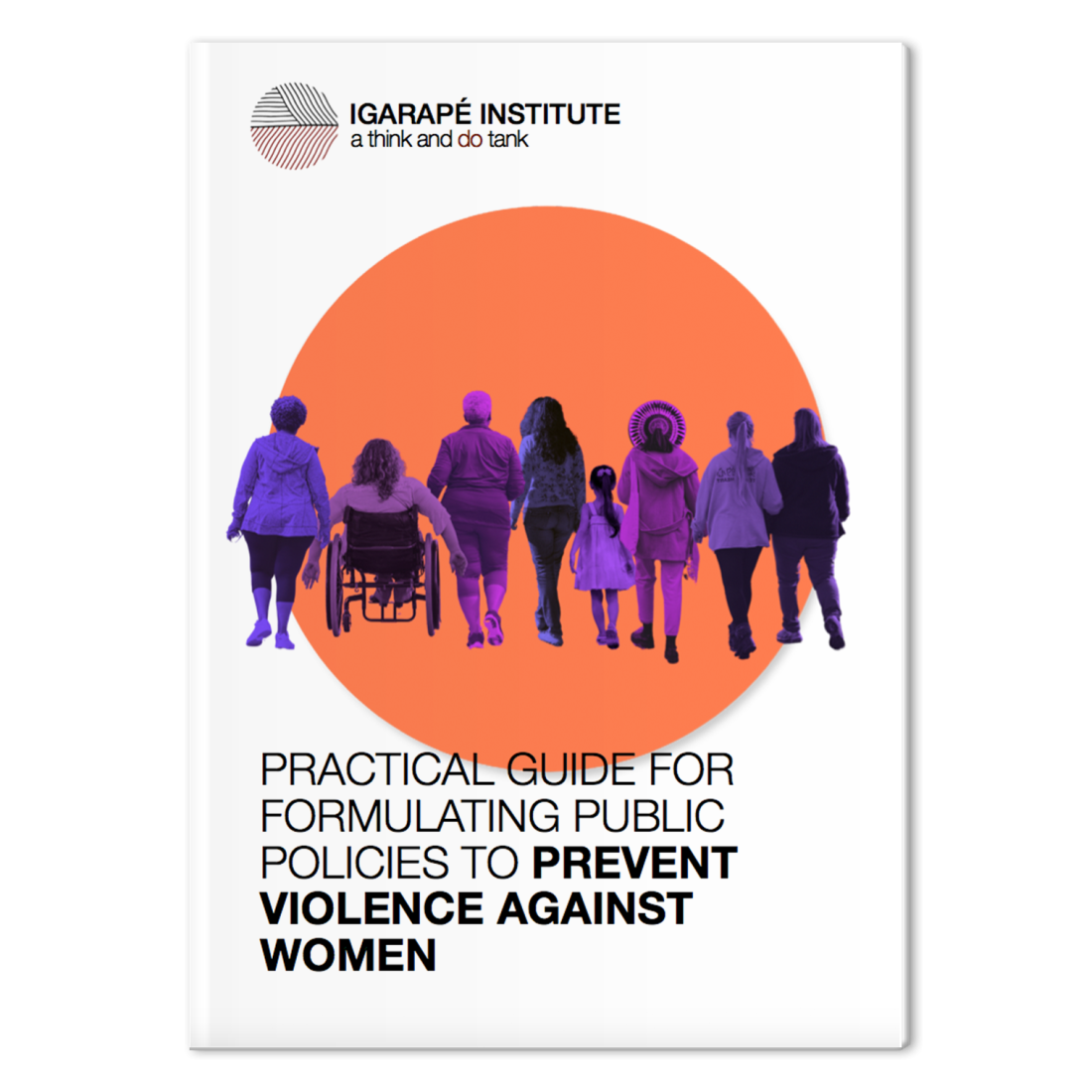Practical Guide for Formulating Public Policies to Prevent Violence Against Women
 Violence against women is a complex and devastating reality, manifesting in various forms, including physical, sexual, psychological, and economic abuse. Within this context, this guide presents programs and initiatives evaluated by renowned organizations such as the Abdul Latif Jameel Poverty Action Lab (JPAL), the Inter-American Development Bank, the World Bank, and UN Women, highlighting approaches that have shown high effectiveness and efficiency in preventing violence against women. The goal is to use these practical experiences as a foundation for evidence-based public policy formulation to prevent violence against women.
Violence against women is a complex and devastating reality, manifesting in various forms, including physical, sexual, psychological, and economic abuse. Within this context, this guide presents programs and initiatives evaluated by renowned organizations such as the Abdul Latif Jameel Poverty Action Lab (JPAL), the Inter-American Development Bank, the World Bank, and UN Women, highlighting approaches that have shown high effectiveness and efficiency in preventing violence against women. The goal is to use these practical experiences as a foundation for evidence-based public policy formulation to prevent violence against women.
We begin by analyzing the risk and protective factors associated with violence against women. Using the “Pyramid of Gender-based Violence” by the Institute for Studies on State and Participation – Health as a framework, we explore the different forms in which these factors operate, from individual to structural. We also provide context for the legal landscape related to violence against women, emphasizing the role of the Maria da Penha Law as a regulatory milestone in Brazil.
Based on examples of programs already implemented and evaluated worldwide, the guide underscores the importance of initiatives that promote women’s financial autonomy through access to employment opportunities, professional training, and entrepreneurship. It also emphasizes efforts to challenge gender stereotypes and foster relationships based on mutual respect and equal rights.
The guide reaffirms the need for public policies focused on preventing intrafamilial and domestic violence, including strengthening the protection network for women with specialized support services and effective security measures. It suggests implementing educational and awareness programs on gender violence to transform environments where violence against women occurs, such as schools and homes. Additionally, it advocates for promoting safe and inclusive spaces.
Finally, the guide highlights the importance of involving all sectors of society in implementing these policies, including the government, civil society, the private sector, and the community at large. Only through coordinated, long-term efforts can we create an environment where all women can live free from violence and with dignity.
Read the publication
Learn more about this topic in the strategic article Enfrentamento da Violência Contra Mulheres and on the EVA – Evidências Sobre Violências e Alternativas para Mulheres e Meninas portal.



